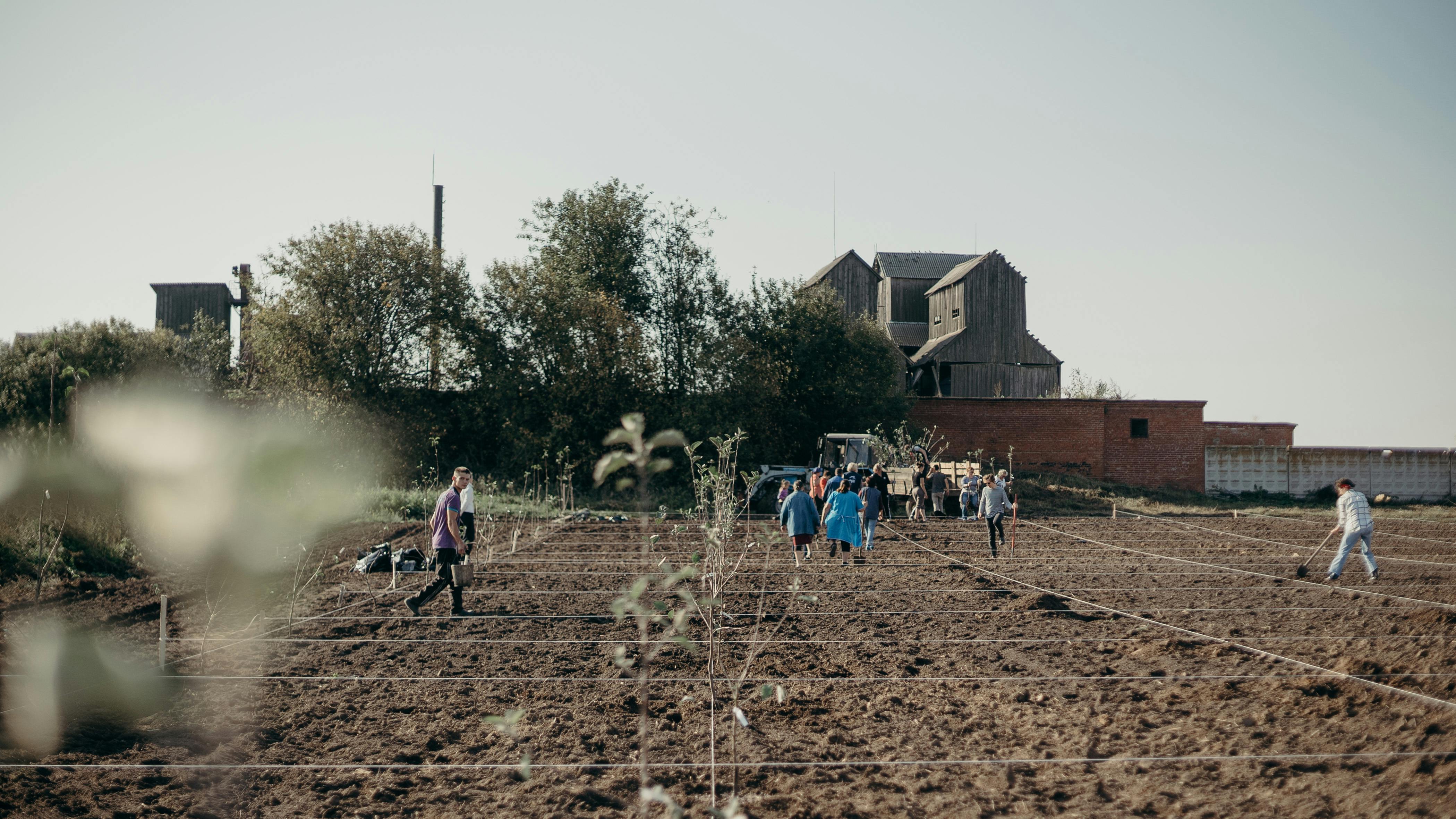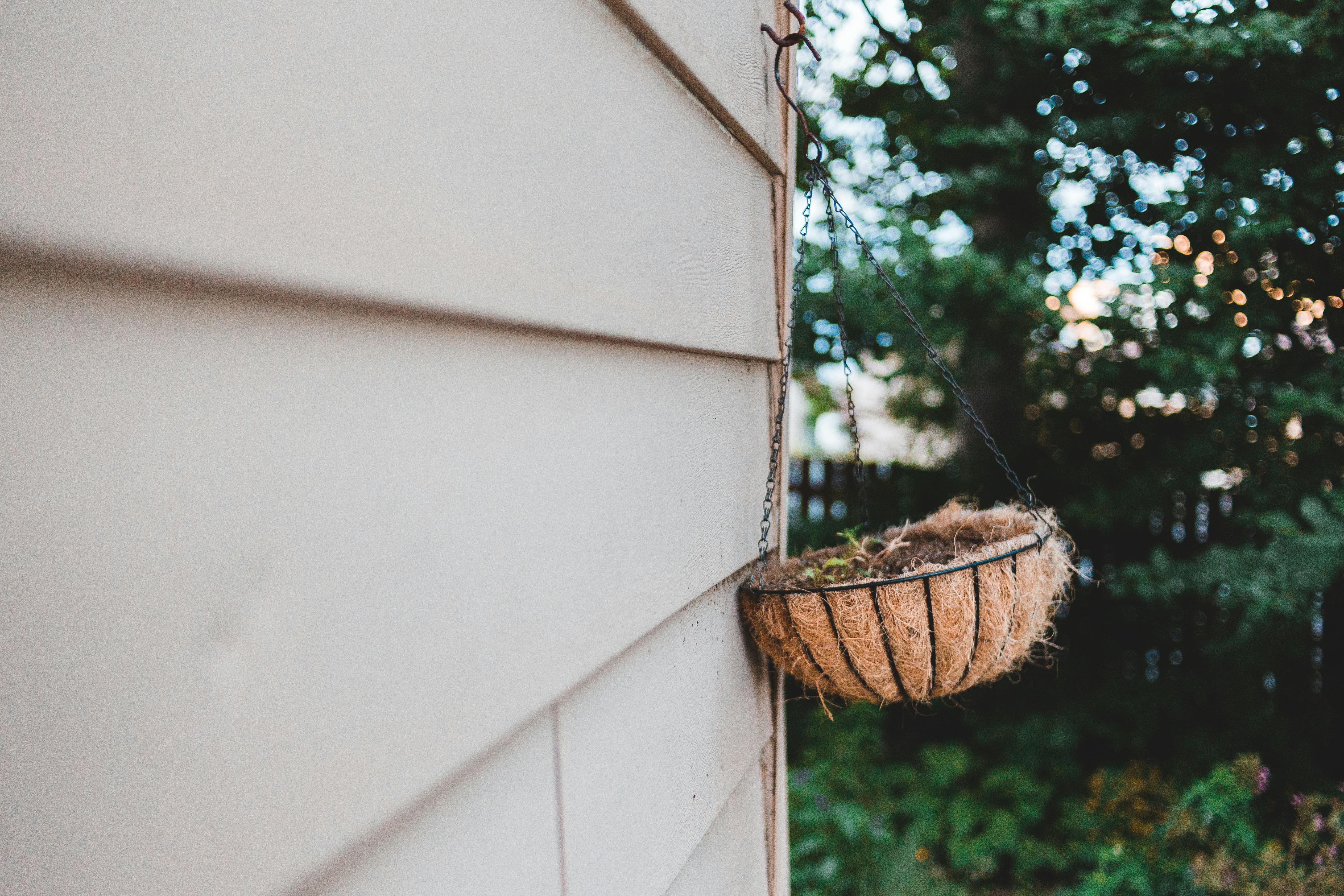Creating a healthy garden soil is essential for successful and productive gardening. Building a good soil structure will improve water retention, nutrient availability, and aeration in the soil. With the right knowledge and supplies, you can build your own garden soil that will support a thriving garden. In this guide, we will discuss some of the steps you need to take to build the best soil possible for your garden.Building garden soil from scratch is a great way to create a nutrient-rich environment for your plants. Here are some tips for creating garden soil from scratch:
1. Start with Quality Compost: Compost is essential for healthy soil and can be made from a variety of materials including kitchen scraps, grass clippings, and fallen leaves. It’s best to source compost from a reputable supplier as it will be free of weeds and disease organisms.
2. Mix in Sand or Vermiculite: Sand or vermiculite helps improve drainage and aeration in the soil while
Creating a Loose, Aerated Garden Soil
Creating a loose, aerated garden soil is essential for optimal plant growth and health. Aeration allows air, water and nutrients to get deep into the soil and reach the roots of plants. This helps promote healthy root development and vigorous growth. A well-aerated soil also helps retain moisture better, which helps plants survive drought conditions.
There are several ways to improve the aeration of your garden soil. The most common method is to incorporate organic matter such as compost or aged manure into the soil. These
Adding Organic Matter to Improve Garden Soil
Adding organic matter to garden soil is a great way to improve its health and fertility. It can help create a more balanced environment for beneficial microorganisms, improve drainage, and add essential nutrients that plants need to thrive. Organic matter can also help increase water retention, reduce compaction, and enhance the structure of the soil.
Organic matter is composed of decomposed plant and animal residues such as leaves, grass clippings, compost, manure, and food waste. Adding organic matter to your garden soil can increase its
Incorporating Manure into the Garden Soil
Manure is a fantastic source of nutrients for your garden soil. It can help improve soil fertility and structure, and provide essential minerals for healthy plant growth. When used properly, manure can be an invaluable asset to any garden. Incorporating manure into the garden soil is a simple process that can be done with a few basic steps.
The first step in incorporating manure into the garden soil is to spread it evenly over the area you wish to fertilize. Make sure to spread it evenly and in thin
https://images.pexels.com/photos/3093996/pexels-photo-3093996.jpeg
Balancing the pH Level of Garden Soil
Balancing the pH level of garden soil is essential for healthy plant growth. The pH level of soil affects how well plants can absorb nutrients from the soil. Too much acidity or alkalinity in the soil can prevent plants from getting the nutrients they need, resulting in poor growth and development. To ensure your garden soil is balanced and healthy, it is important to understand how to balance its pH level.
The first step in balancing the pH level of garden soil is to test it. You can purchase

Composting as a Way to Build Garden Soil
Composting is an effective way to build garden soil while reducing household waste. Composting is the natural process of decomposing organic material, such as yard trimmings, kitchen scraps, and other biodegradable materials. The finished compost, or “black gold,” is a rich soil amendment that can be used to improve the structure, texture, and nutrient content of your garden’s soil.
Composting can be done in a variety of ways, from small-scale bins to large
Using Mulch to Improve Garden Soil Quality
Mulch is an important tool for gardeners who want to improve the quality of their soil and protect their plants from environmental stresses. It is a layer of organic material, such as straw, leaves, grass clippings, or compost, that is spread over the soil surface to protect it from erosion and retain moisture. Mulch helps to reduce weeds, conserve water, and enhance soil fertility. It also adds essential nutrients to the soil and helps keep it cool in summer and warm in winter.
Vermicomposting for Building Healthy Garden Soil
Vermicomposting is the process of using worms to break down organic material and create nutrient-rich compost for your garden. This type of composting is an effective and eco-friendly way to produce high-quality compost that will improve the fertility of your soil. It also has the added benefit of reducing the amount of waste going into landfills. Vermicomposting is an easy and efficient way to create a healthy and productive garden soil.
When ver

Conclusion
Building garden soil is a long-term process, but with the right combination of organic materials, nutrients, and microbes, it can be achieved. Improving the soil structure and fertility takes time and patience, but the rewards are well worth it. Composting is essential for providing organic matter to any garden and should be done on an ongoing basis. Adding amendments such as lime or gypsum can help to raise the pH of acidic soils and add important minerals like calcium or magnesium. Adding a range of microbial sources to the soil can help to promote healthy plant growth
